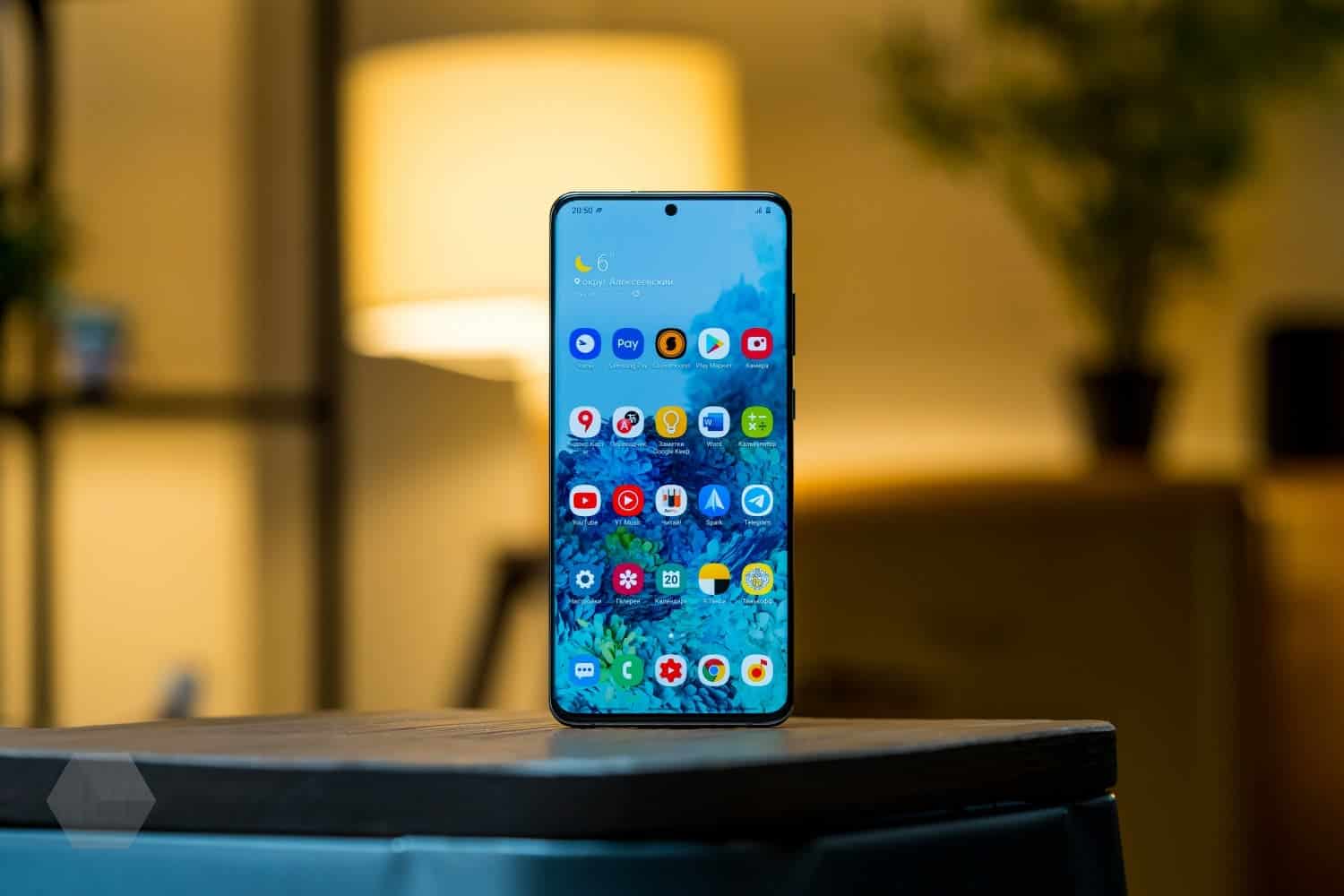[ad_1]
In the world of high-end Android smartphones, one of the new battlegrounds is the length of time that manufacturers offer software updates. For years, this was a major drawback of Android phones compared to iPhones. They typically receive updates for five or more years. However, things are starting to change. Samsung now promises seven years of updates for its Galaxy S24 flagship. And Google offers seven years of updates for its Pixel devices.
The Length of Software Updates: OnePlus Explains Why Four Years is the Sweet Spot

OnePlus, however, takes a different approach. Their new phones come with four years of updates, and the company argues that this is the best way to ensure a smooth and stable user experience. They reason that older hardware may not be able to effectively run newer versions of Android. Without sacrificing performance or battery life.
So, who is right? How long should you expect your phone to receive updates?
There is no easy answer to this question. It depends on a number of factors, such as your budget, your needs, and your priorities. If you are a power user who always wants the latest features and security patches, then you will want a phone that gets updates for as long as possible. However, if you are on a tight budget or if you are not concerned about having the latest software. Then a phone with a shorter update policy may be perfectly adequate.
Gizchina News of the week
How Long Should Your Phone Get Updates?
Here are some things to consider when making your decision:
- How long do you plan to keep your phone? If you plan to upgrade your phone every year or two. Then the length of the update policy is not as important. However, if you plan to keep your phone for three or more years, then you will want to choose a phone that gets updates for at least that long.
- How important are security updates to you? Security updates are important for protecting your phone from malware and other threats. If you are concerned about security, then you will want to choose a phone that gets security updates for as long as possible.
- How important are new features to you? New features can add new functionality to your phone and improve your overall experience. If you like having the latest features, then you will want to choose a phone that gets updates for as long as possible.
- What is your budget? Phones with longer update policies tend to be more expensive. If you are on a tight budget, you may need to compromise on the length of the update policy.
Ultimately, the decision of how long you should expect your phone to receive updates is a personal one. There is no right or wrong answer. And the best choice for you will depend on your individual needs and priorities.
In addition to the factors mentioned above, it is also important to consider the quality of the updates that are provided. Some manufacturers are better than others at providing timely and high-quality updates. It is worth doing some research to see what the reputation of a particular manufacturer is before you buy a phone.
Ultimately, the best way to ensure that you get the most out of your phone is to buy a device from a manufacturer that has a good reputation for providing long-term software support.
[ad_2]
Source link